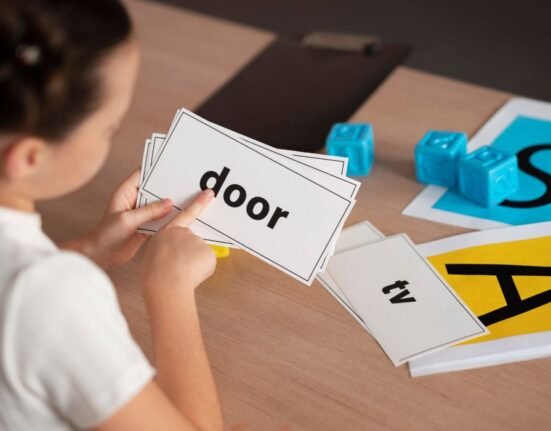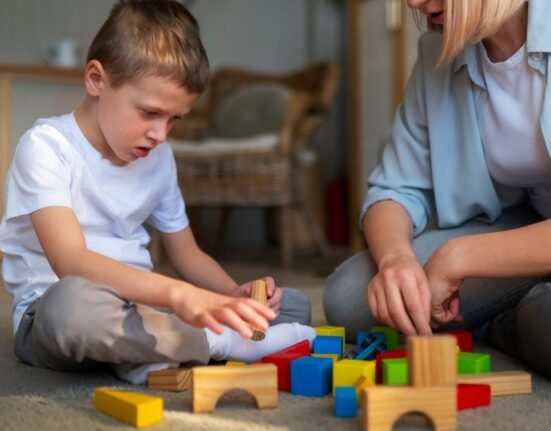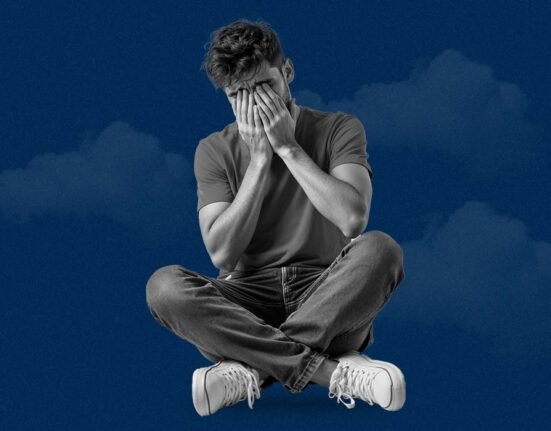When your parents fight, it’s painful enough, but a new study suggests that trauma can increase your chances of depression and other mental health issues. More than 17,700 Canadian people took part in a national survey on mental health for the study. 326 people indicated they had witnessed parental domestic abuse more than ten times before the age of 16, which was considered chronic. 22.5 percent of those who were exposed to chronic parental domestic violence as children developed significant depression, 15% developed an anxiety illness, and nearly 27 percent developed a substance misuse disorder at some time in their lives. The rates were 9 percent, 7 percent, and 19 percent, respectively, among people who had no history of violence between their parents. According to research author Esme Fuller-Thomson, head of the University of Toronto’s Institute for Life Course and Aging, “our findings highlight the potential of long-term bad effects for children from chronic domestic violence, even when the children themselves are not mistreated.” In a university news release, Fuller-Thomson noted that social workers and health professionals must be diligent in preventing domestic violence and supporting survivors and their children.depression
Many children who are exposed to their parents’ domestic violence, according to study co-author Deirdre RyanMorissette, a recent masters of social work graduate from the university’s Factor-Inwentash Faculty of Social Work, remain constantly vigilant and perpetually anxious, fearful that any conflict will escalate into assault. As a result, it’s not surprising that those who have experienced parental domestic violence as a child have a higher prevalence of anxiety disorders as adults. On the plus side, the researchers found that more than three out of five adults who suffered chronic violence between their parents as children were in excellent mental health, happy/satisfied with their lives, and highly social. We were thrilled to learn that so many individuals had overcome their early adversities and are now free of mental illness and prospering, said research co-author Shalhevet Attar-Schwartz, a professor at Hebrew University of Jerusalem’s School of Social Work and Social Welfare. She continued, “Our study suggested that social support was a crucial element.” Those who had suffered parental domestic violence and had a lot of social support had a lot more chances of being in good mental health.
Short-term effects on children
Children who have one parent who is abusive may be afraid and nervous. They may be always on the lookout for the next violent event. Depending on their age, this may cause kids to react in a variety of ways:
Preschoolers. When young children see intimate partner violence, they may begin to do activities they used to do as a child, such as bedwetting, thumb-sucking, increased weeping, and whining. They may also have trouble falling or staying asleep; display signs of dread, such as stuttering or hiding; and exhibit acute separation anxiety.
Students in elementary school. Children in this age group may feel responsible for the maltreatment and blame themselves. They may not participate in school activities or receive good marks, have fewer friends, and are more likely to get into trouble. They could also have a lot of stomachaches and headaches.
Teens. Teenagers who witness abuse may retaliate by arguing with family members or skipping school. They may also engage in dangerous behaviors such as having intercourse without protection and abusing alcohol or drugs. They could struggle to make friends and have low self-esteem. They are more likely to start fights or bully others, and to get into legal trouble.
Long-tern effects on children
As adults, these children are more likely to perpetuate the pattern by joining violent relationships or becoming abusers. A girl who grows up in a family where her father assaults her mother has a six-fold greater chance of being sexually abused than a girl who grows up in a non-abusive home.
Adult health problems are more likely among children who witness or are victims of emotional, physical, or sexual abuse. Depression and anxiety are examples of mental health issues. Diabetes, obesity, heart disease, low self-esteem, and a variety of other issues may be among them.
Recovering mental health
Abuse and trauma affect each child differently. Some kids are tougher than others, while others are more sensitive. The ability of a kid to heal from abuse or trauma is determined by a number of factors, including the following:
- A strong support system or strong bonds with trusted adults
- High sense of self-worth
- Friendships that are healthy
Although children will likely never forget what they saw or experienced during the abuse, as they get older, they can find appropriate strategies to cope with their feelings and memories. The earlier a youngster receives assistance, the higher his or her chances of growing up to be a mentally and physically fit adult.












Leave feedback about this